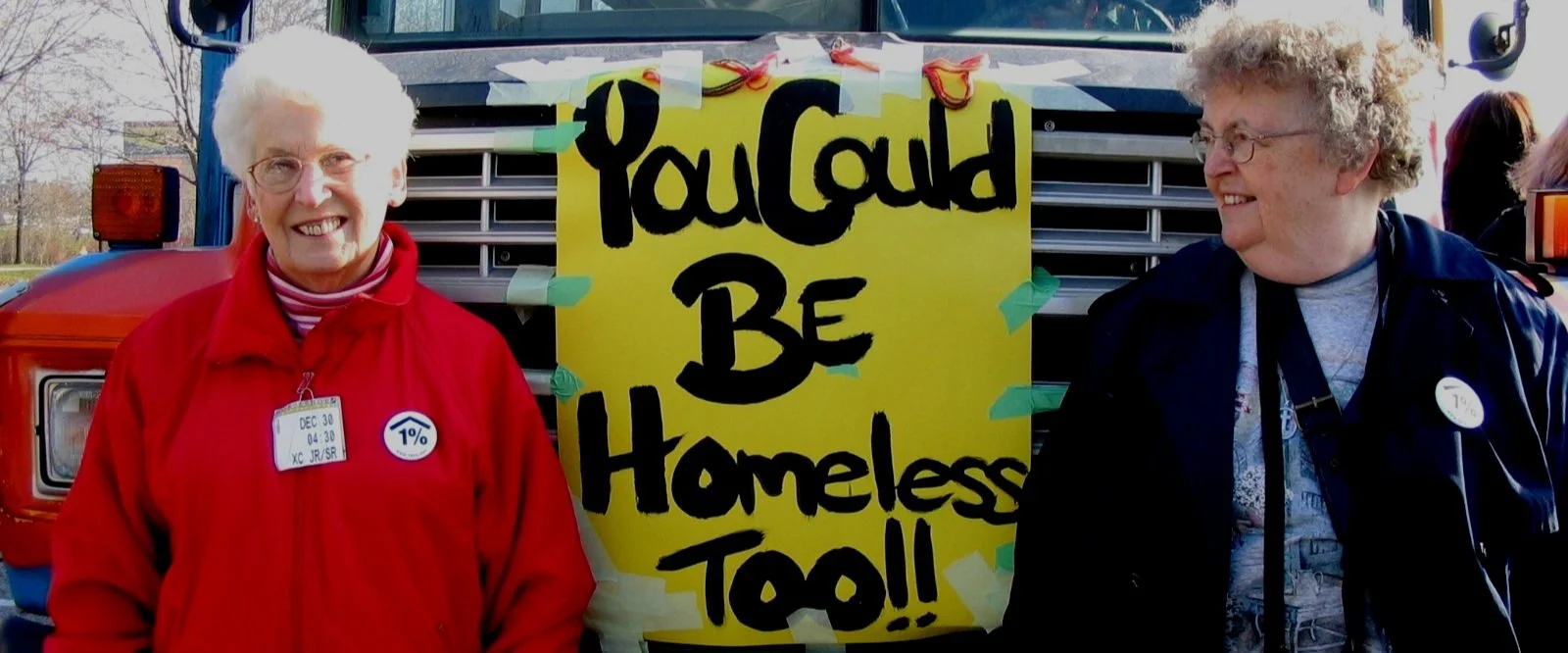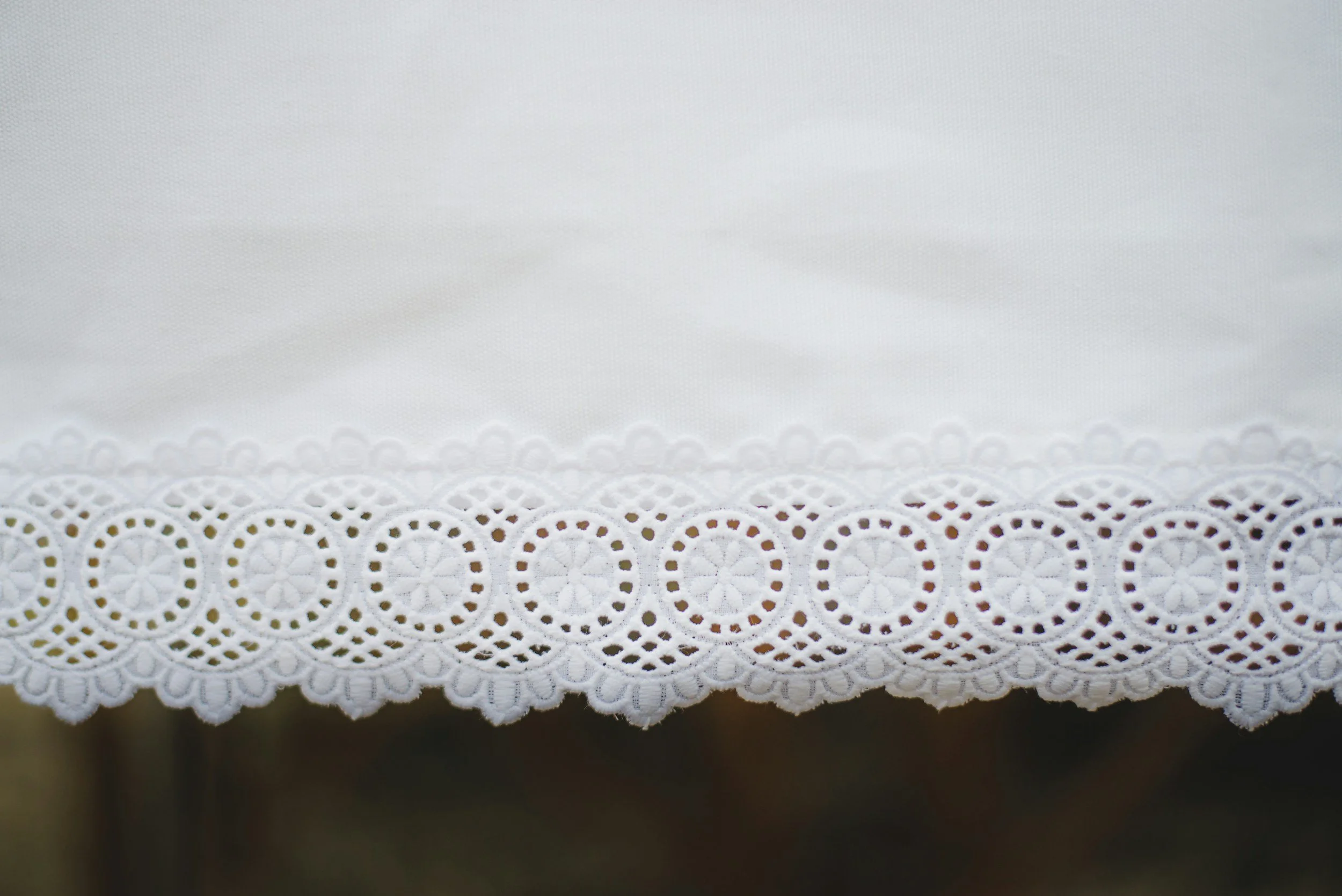One of our congregational maxims invites us to follow grace with a great gentleness, humility, faithfulness and courage, and that is exactly what our Sisters did.
In our archives we note the following eruptions of grace:
February 1, 1982 St. Stephen’s Residence, an alcoholic recovery home, opened in London.
February 1, 1984 St. Joseph’s Hospital, Peterborough assumed responsibility for operating small hospitals in Haliburton and Minden.
February 2, 1880 St. Joseph’s High School began with girls senior “high” classes under the auspices of the Toronto Separate School Board.
February 2, 1884 St. Joseph’s Hospital, Port Arthur (Thunder Bay) was founded by the Toronto congregation. it was later assumed by the Peterborough congregation in 1890 and then the Sault Ste. Marie congregation in 1936.
February 2, 1983 St. Joseph’s Hospitality Centre (soup kitchen) opened in London.
February 3, 1998 the Furniture Bank was incorporated on this day. It was founded by a Toronto Sister of St. Joseph to collect and distribute donated furniture and household furnishings to clients referred by registered agencies.
















